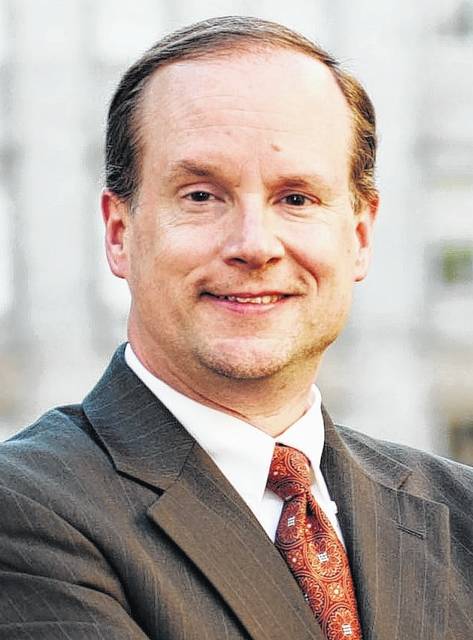The debate about the future of the Affordable Care Act is surging once again. At this writing, I don’t know if Congress will make any progress this year. But I know that there is no more important issue in today’s politics, both nationally and right here in North Carolina.
If you are a conservative, in particular, you should understand that progress on just about any other issue you deem important — from taxes and the size of government to job creation, income growth, education reform, social policy, even transportation — is contingent on controlling the growth of health care costs.
Chris Conover, a health policy analyst at Duke University, has done excellent work in chronicling the scope, finances, and complexity of the health care system as currently constituted. His 2012 book “The American Health Economy Illustrated” is an indispensable reference for would-be reformers.
More recently, Conover has updated his analysis to help policymakers and the general public put the reform debate in context. Health care expenditures per person, for example, have grown at an average rate of about 4.1 percent after inflation since 1929, about twice the real growth rate for the rest of the economy.
To some extent, this is neither surprising nor problematic. As market innovations made it possible to deliver food, clothing, and other goods and services at much lower cost than in the past, and often at much higher quality, we’ve chosen to plow some of the resulting savings into purchases of medical (and education) services that make our lives better. By definition, some economic sectors have to grow at above-average rates.
Medical care really is much better and more available than it used to be. Life expectancy, mortality rates after diagnosis, and other quality-of-life indicators have vastly improved over the past century. In medical innovation, the United States is a world leader.
But much of the increase in medical spending, especially in recent decades, is harder to explain with data on higher quality or greater access. Through unwise tax breaks and government programs alike, we’ve insulated ourselves from the real cost of the services we purchase, by pretending that someone else — employers, other customers, “the government” — is footing the bill.
Interestingly, there have been a few periods when health costs didn’t outstrip overall price increases as much. One was in the mid-1990s, when the managed care movement in insurance ratcheted down some prices, mostly one-time adjustments. Another such period was more recent, in the late 2000s and early 2010s, as the higher deductibles and savings accounts associated with consumer-driven health plans led patients to shop more wisely (the Obama administration claimed the ACA caused the trend, but it predated the ACA’s passage).
Conover notes that in 1965, government expenditures at all levels accounted for about 28 percent of our gross domestic product. Now, the share is 34 percent. This entire increase in government’s size is attributable to Medicare, Medicaid, and other government health care programs. The value of off-budget subsidies, such as the tax exclusion for employer-provided health benefits, has also skyrocketed during the same period.
To put the matter bluntly, health care reform is only worth doing if it will significantly constrain the inflation of health care costs in the coming years and decades. If Medicare and Medicaid will continue to grow at currently projected rates under a proposed bill, it deserves defeat. If a bill would lower the growth of such spending, it deserves passage.
There are many other necessary reforms, including some North Carolina can adopt on its own such as deregulating the hospital market to encourage competition, removing barriers to direct primary care practices (which get doctors out of the expensive business of filing insurance claims), and allowing nurse practitioners and other providers to deliver routine medical services at lower cost.
But North Carolina can’t be walled off from the rest of the nation when it comes to financing health care. The Affordable Care Act is fundamentally flawed. A government monopoly would be even worse. Act wisely — and act soon.
John Hood is chairman of the John Locke Foundation and appears on the talk show “NC SPIN.” You can follow him @JohnHoodNC.

